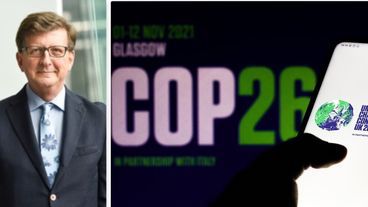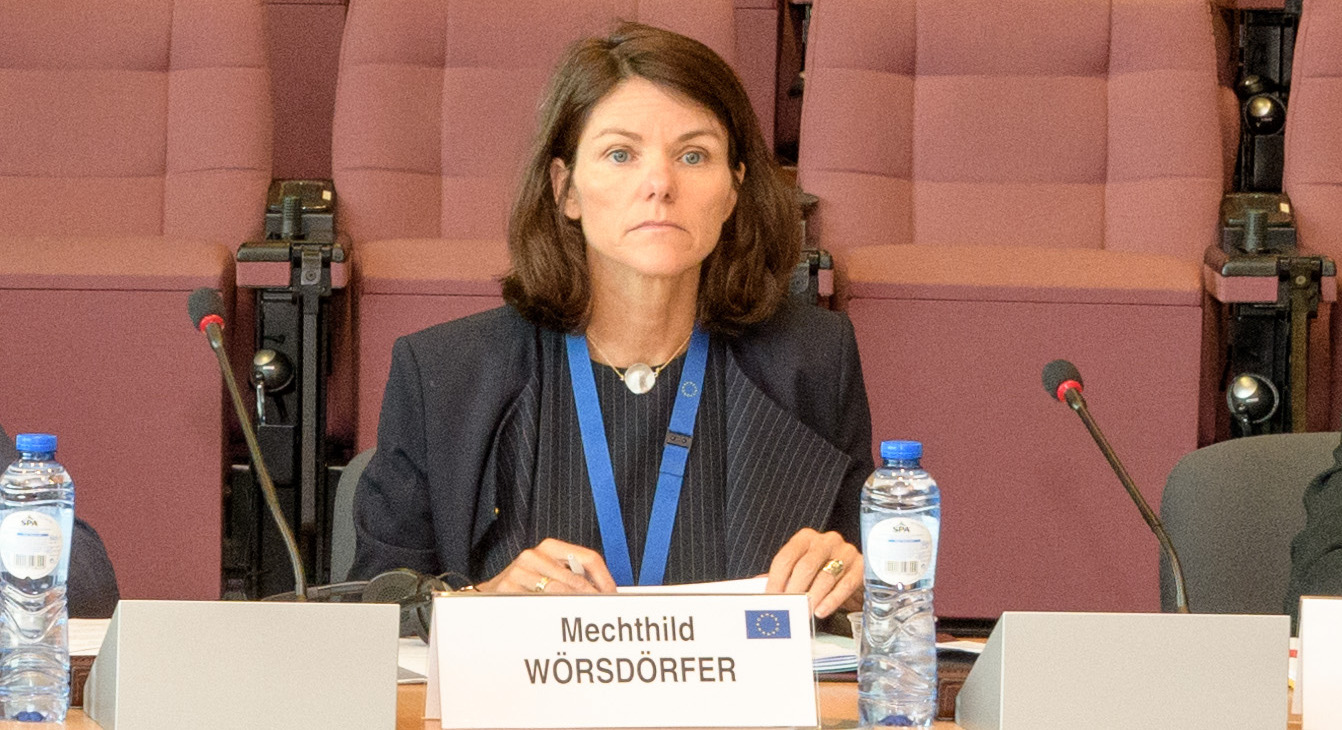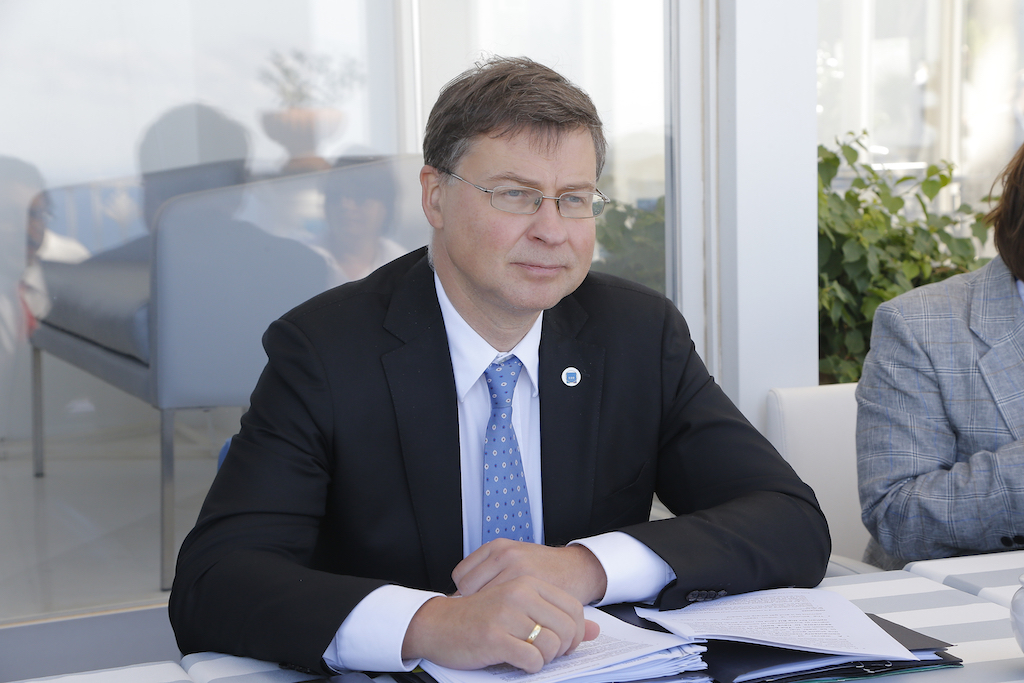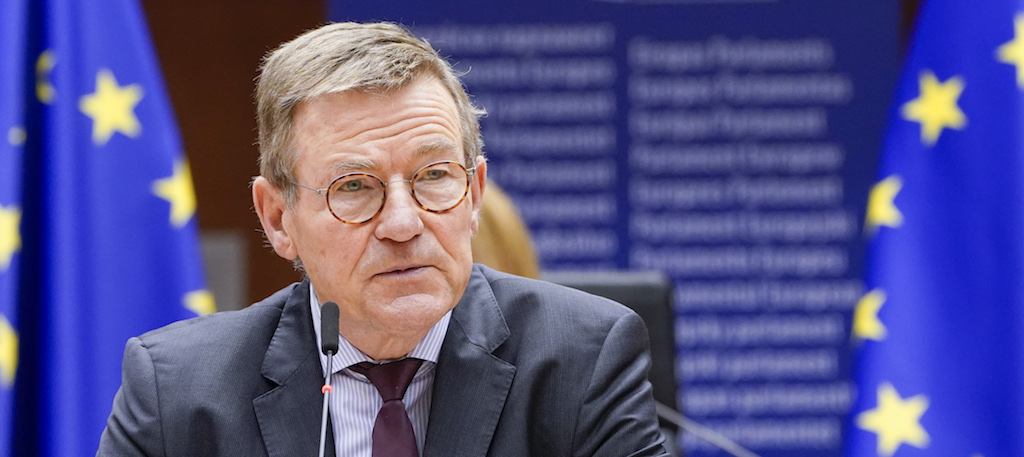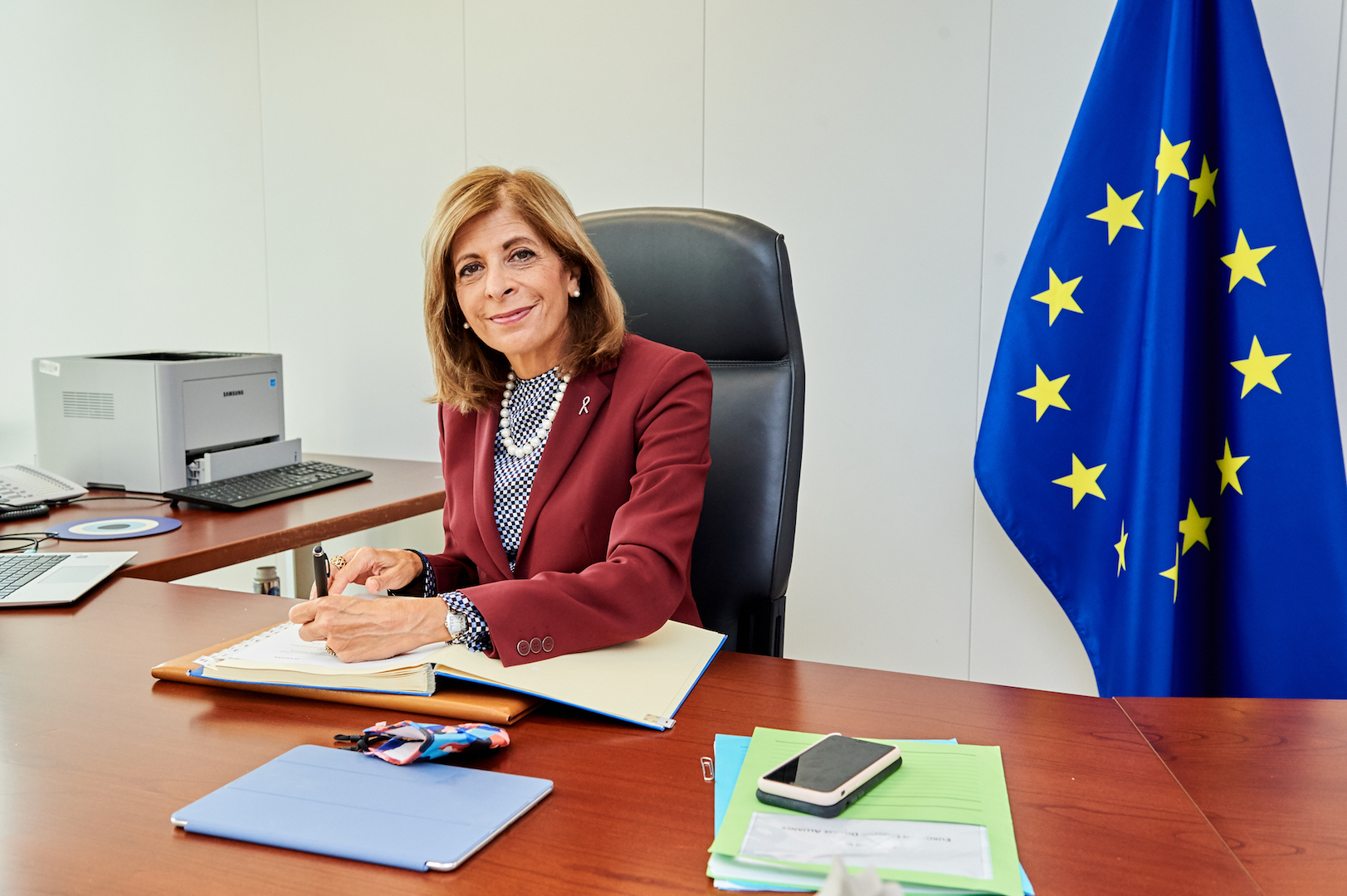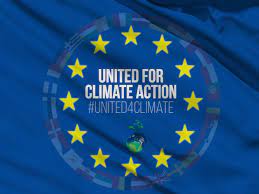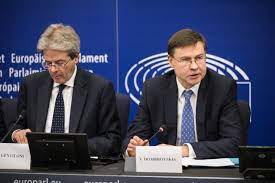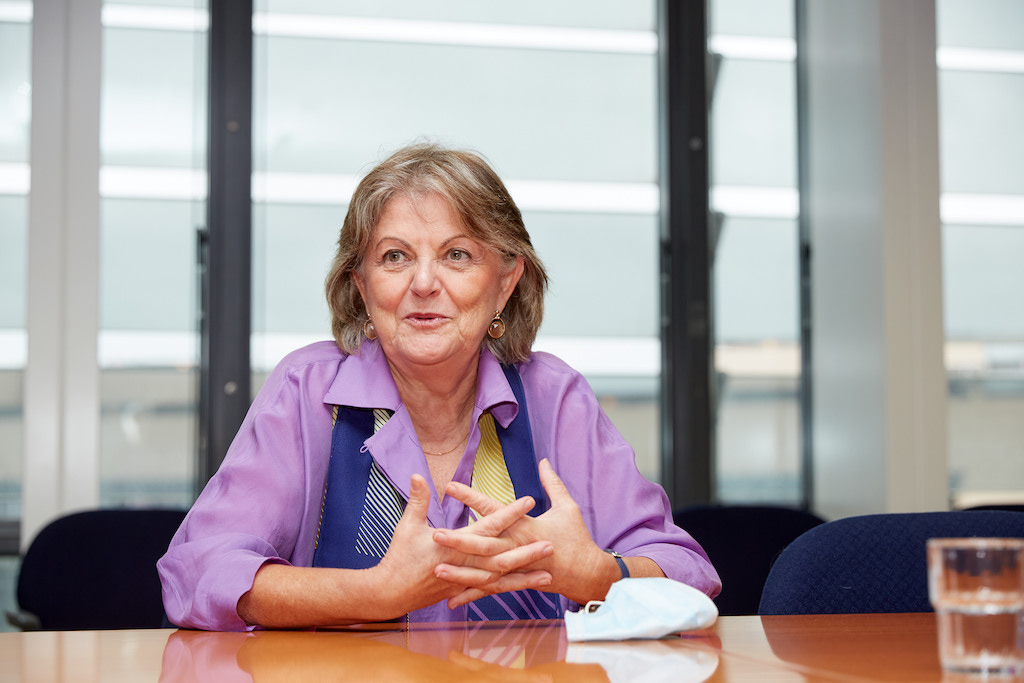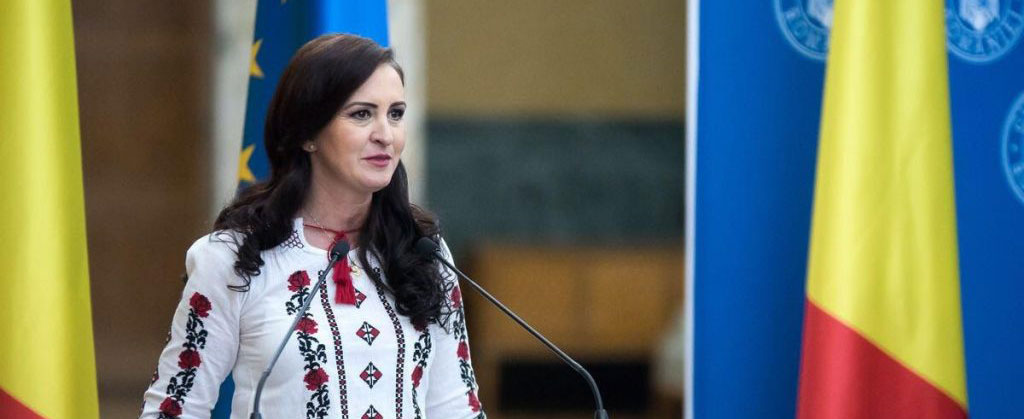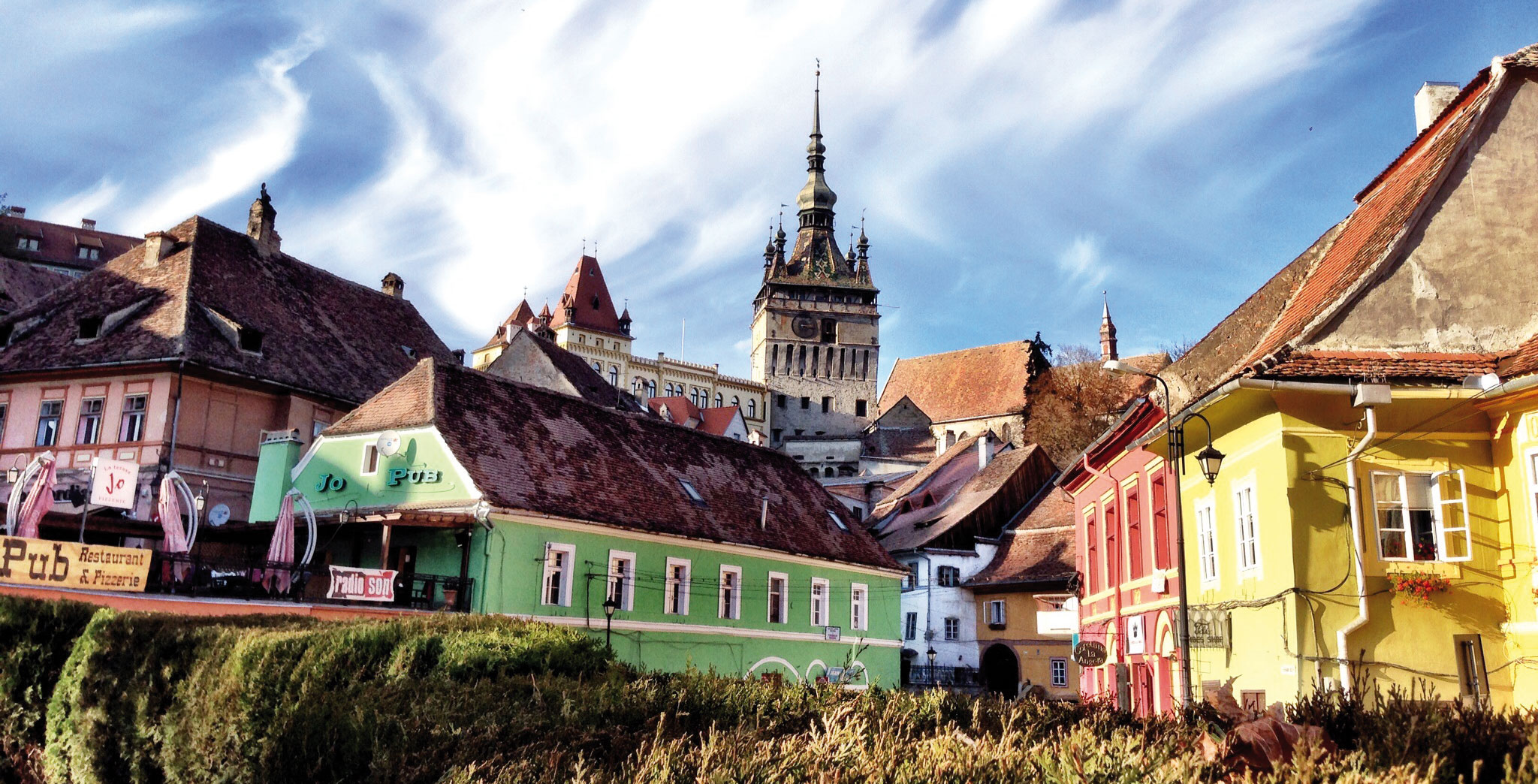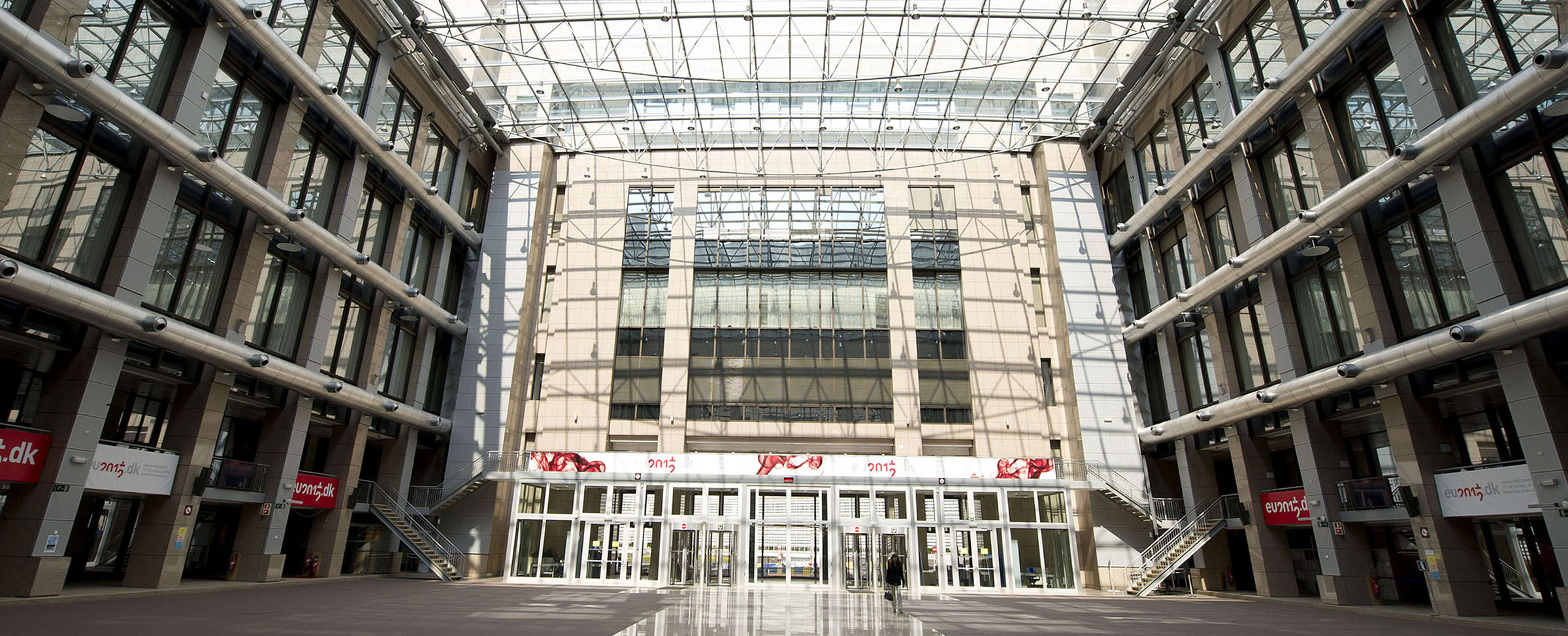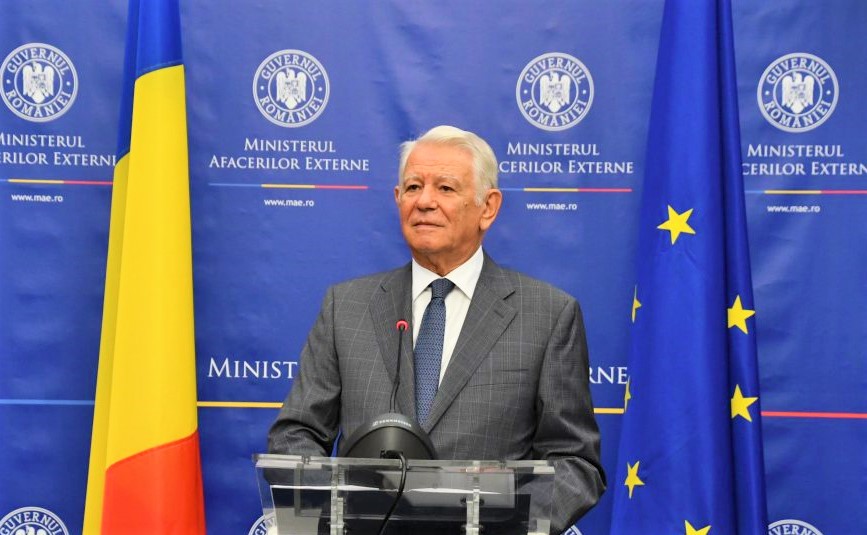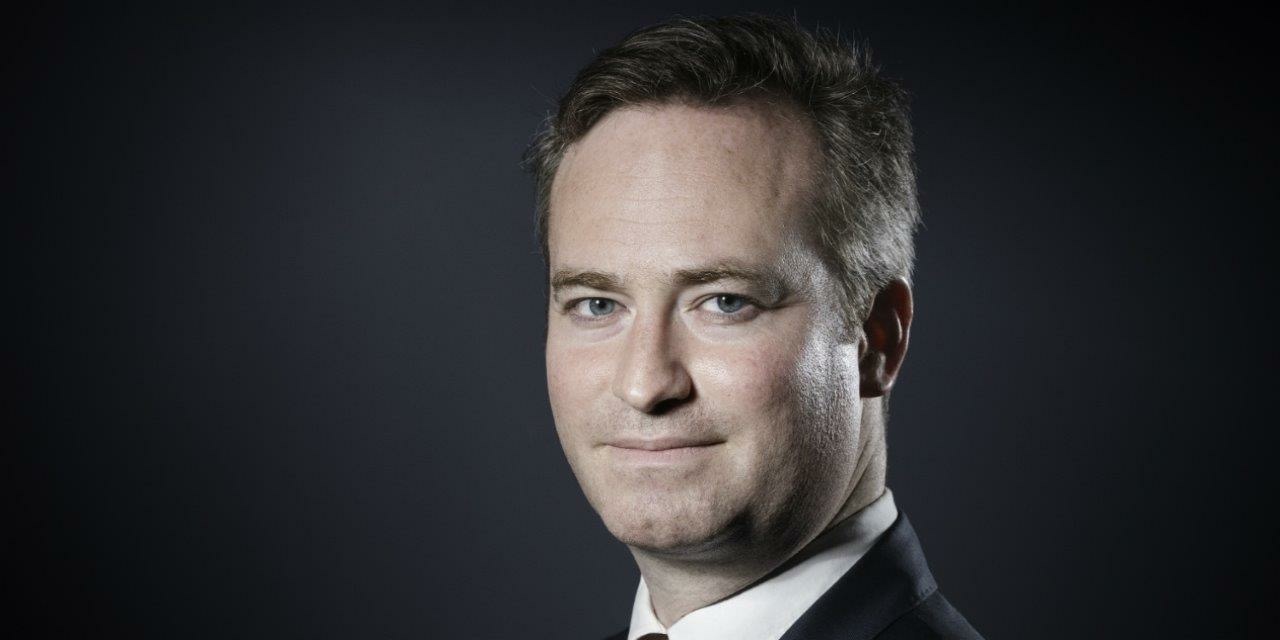You will be celebrating your 25th birthday in 2019, could you come back to the creation of your institution, its evolutions and your positioning today vis-à-vis the other European institutions.
In Europe, as everywhere else, everything is changing. The Committee of the Regions was created in 1994 by the Maastricht Treaty to give local and regional authorities a voice.
At the time of its creation, it was not obvious. There were, at the same time, people convinced of its uselessness as there were people who wanted to make it a real decision-making body.
So the committee was set up as an advisory body just like the economic and social committee, and since then it has tried to find its place and I think it has gradually found it. The committee has the privilege of having to be asked about all the commission’s initiatives concerning local and regional authorities, but people are not obliged to follow its advice. So if you want to have an impact, the voice is simple enough. We must do what is necessary so that those who decide are ready to listen to you.
It is, therefore, a very intense relationship work to do with the parliament, the commission and the council. On the other hand, you must try to convince by the quality of what you say and there, the great strength of this committee, is that it’s the spokesman of the democratic institutions closest to the European citizen.
The European citizen does not live in the Council or the European Parliament, he lives where local and regional authorities deploy their activities and this is where he will finally judge Europe: “Is it something positive that improves my life, gives me hope, for me, my family and my grandchildren, or it’s something that bothers me, unnecessary constraints, that prevents me from evolving and that even as a result of pushing social standards down.
Through the quality of our advice, we can try to convey the views of citizens and local and regional organizations. Then, perhaps most importantly at the end, you can have great ideas and you may also have found the access to give notice and make you listen but the weight of what you say ultimately depends on what you have behind you.
The real strength is the fact that there are some 150,000 local authorities in the European Union, some 300 regions and if all these authorities, all these communities, become aware that they have something to do with our committee to evolve the European decision-makers then it becomes something that has some weight.
The history of our institution is a bit like the legislatures, but above all, we must improve our efficiency, and we want a process like that. If for the moment it may have become a little easier because we feel that in Europe something is wrong and we also feel that it is with the citizen that it does not work, then this opens a window to give weight to what citizens feel and say, and that’s what we want to do through the various operations we have launched.
Is it actually reducing the gap between European citizens and the European institutions?
Yes, there is a gap, but above all, there must be interconnectivity. On the one hand, the citizen must understand what Europe is doing, and sometimes Europe really has an art of explaining itself in such a way that at most what it says is understandable, and on the other hand it is also necessary that what is often said in a very simple way people reaches up to the ears and minds of European decision-makers. Things still remain to be done, even in the era of globalised digital communication, not all connections are not always in place.
You have launched a very important consultation entitled “Think about Europe” – we already see that important results are coming. With the positioning that you have I think of the task force on subsidiarity with the possibility of operating, or in any case, there is more than a consultation since it can be almost a possibility of blocking with this consultation. Today what are you expecting from this consultation? Will you assume all the results you receive because there is always a risk to consult and how will you use this consultation vis-à-vis the European institutions?
Before talking about this initiative “Think about Europe” maybe a word on how to participate in this kind of operation that’s an opportunity but obviously a risk. When you play in a room there’s always a risk.
We have already been able to be useful partners in many reflections on changes at the European level. I’m thinking of the task force on reducing red tape some time ago, I am thinking of an initiative to implement the Nature 2000 regulations on the pressure of nature and now with the subsidiarity taskforce, it really becomes a centrepiece that will be created. The commission decided to create this task force, it invited three partners, and two agreed to come: the national parliaments via their association and the committee of the regions. The European Parliament has not decided to associate for a lot of reasons of its own. For us this is a huge opportunity for two reasons: we are already, by the Treaty of Maastricht and even more that of Lisbon, little guardians of subsidiarity. We have the opportunity to intervene in the control procedures and we especially have the right to go to the court of law. A right that is sometimes more intelligent to mention the exercise only to actually do, but we are currently on a question where it is not excluded once we take this step. But subsidiarity is already something that plays a very big role in our work, just as it plays a very big role in the work of a lot of local authorities, especially in legislatures which, following the situation of internal law sometimes play a very active role.
We are a little in the heart of our raison d’être, but more importantly, even if it is difficult to define what is subsidiarity and even if behind the vocation of this principle often hide very divergent political objectives , one thing is certain, one doesn’t need be a doctoral dissertation writer to know that subsidiarity means that one begins first to exercise the skills where one is closer to the citizen. And here we are at the level of local authorities so this is the starting point. When I decided that the government should take care of something, and sometimes it is better to let people do the work but there are also great needs for political and public actions, so subsidiarity tells you first – let’s see if it can be done by the local authorities and then we need objective reasons or to objectify or objectifiable to say no, it is necessary to act at a national or European level. Subsidiarity is therefore a methodology, we must give the instruments, we must give a rationality. However, it is still at the end a political choice because according to the option I take for a certain policy I have a need for action at European level or on the contrary it is important not to act at this level. There is a good debate to be made and the definition of the tasks of the task force have been made in a very pragmatic way in three parts: first, improve the technique of subsidiarity control – “it’s something for the subsidiarity experts and there is a lot to say about that.” Then: what must be regulated at the European level, at the state and sub-national level – this is the real debate on the role of the European Union and then lastly, but also technical point – it concerns us existentially: what role should territorial governments play in this debate (subsidiarity) and the fact that the question is being asked already has meaning.
This question means at least two things: local authorities are not only and exclusively a question of the internal organization of a state. This is something that can have meaning in the way of managing the destiny of Europe and if that’s the case then it also means, if we think a little further, that it is absolutely necessary to have some form of decentralization so that it can work.
And there, look at the 27 states of the European Union after Brexit, or look at the 47 states of the Council of Europe where this exercise is used as well. So you see a tremendous diversity and maybe the Committee of the Regions is a place where this diversity is known, where we work on this issue, where we make comparisons, where we develop strategies, where we have ideas that are ideas solidly based on the everyday everyone’s experience. This is a really exciting goal. So will it lead to the big solution for all European problems, if you ask me the question, I would say that it can be a success, and it can be in any case a moment of clarification. For us, it will be in any case something that will serve us a lot for the reflection on our own future.
I believe that there are basically two aspects when I look at the social problem in relation to Europe. There are issues that Europe needs to be in control of, and then there’s also the rest where it’s important to look at what aspects of the policy in this social-environmental economic sector that needs to be addressed at the national and sub-national level or should be managed in Europe – That’s a nice debate and it’s really about the future of Europe.
This consultation seems to me essential and really important to sensitise the citizen and moreover on the eve of the European elections, but how do you get the message to say that you have real weight and that they have to talk now because you will be heard?
First, to reposition and reframe things, it is an attempt at clarification that can lead to results but no one can tell you what will be done with these results.
The only thing we know is that if we finish on time, the Austrian Presidency has said that it wants to make this debate a priority for the next six months. But I believe more fundamentally that Europe should now, before the European elections, manage to settle a number of things so that they are well on track. Compared to citizens I do not feel that he will now change his mind about Europe because somehow more or less intelligent people are thinking about subsidiarity. No, I believe that for the citizens the thing is actually simpler: as long as in his mind Europe is Brussels, Luxembourg or Strasbourg “these people in Brussels” and as long as he did not understand that the real European decision-maker must be where he lives with his local leaders and as long as every mayor, every regional leader, does not conceive as fundamentally as a European politician, we will not have arrived at a good destination. People live politics as a result and when you explain to them, “no it’s not me it’s the other one, it was not me the mayor, or it’s the president of the European Commission or Ministers x or y.” You can make speeches but you will not convince people of the value of the policy. The whole thing has to be integrated and here what is done in Europe has to be really understood and also implemented at local and regional level. What happens there must be the basis of what is decided in Europe or at least one of the bases of what is taking shape in Europe – and this process is stuck.
So with “Think about Europe” we try to change things, also without too many illusions, how many attempts at citizen dialogue have we already lived for fifteen years. Hundreds and hundreds of initiatives by the commission, by the parliament, by the national information offices, by everybody, by citizen initiatives, associations, many people do that. The thing we’re talking about most now is the initiative launched by the French president with its democratic conventions that now become citizen consultations so already semantically it becomes very interesting to analyse. There really is a certain helplessness which is reflected in the fact that everyone is trying to imagine dialogues, but at the same time, it is also a necessity and an opportunity. Today, I believe that European and national decision-makers are much more aware than before that there is really a need to do this and also at the Committee of the Regions we responded to a request from Mr Tusk at the time. We have tried with our means, with our members, with our possibilities for action in the communities to do something and to initiate debates. But for us now the most important thing is to land safely. We have already created the runway on which we want to land, our runway is our annual debate on the state of the union seen by local authorities that we made for the first time in October 2017 and will repeat in 2018. We will make it culminate with a very strong message at the upcoming Summit of European Cities and Regions before the Grand Summit states and government heads of state. Then we will redo a debate in October 2019 with the new parliament and the new commission. Now we try to condense the messages to avoid both the trap of too much technicality but also the trap, at least as big, too many phrases formulating banalities and that it is an effort that must be done now and it’s not that simple. But the key is also to be so attentive that we also perceive a nuance, a citizen debate in the south of Italy is not the same as a debate in eastern Poland or center of Germany or west of France.
Can we say that one of your missions today during your mandate is to convince even more territorial elected officials?
In relation to our mission and our structural capacity, our first recipient is the regional and locally-elected representative. We, the senior vice-president and others, try very hard to be present in elected associations. I visited an activity for example in the context of the conference of mayors of France and we regularly receive associations of Greek, German or Polish municipalities, it is very important to have contacts with associations but also with people themselves. Obviously, we can not make an appointment with each of the 150 000 mayors, but sometimes we have the opportunity to discuss with a hundred mayors in half a day, and that’s something extremely rich in lessons.
Do you think that the members of the committee or those you represent are satisfied today? Do you have any means to judge or analyse this satisfaction?
I do not need many ways to know that we still have a long way to go, but we still measure a little and sometimes there are some encouraging results but we must move much more. It’s a tremendous job and you have to start all over again because elected officials change, but it’s good, and that’s what’s concrete. We must try to combine the possibilities for all our members to be in situations where they can talk with colleagues or citizens about what are the major issues at the level of Europe at the beginning of the 21st century and what that we can do concretely on the ground on subjects such as climate, public investment, for example, social justice on subjects that are just naturally appropriate for this type of exercise.
What do you think of the announced multi-annual financial framework for cohesion funds?
It’s necessary to really approach the policy of cohesion with all the available horns! It’s fundamental! It’s a priority! We are fierce advocates of cohesion policy. We have taken a clear position and said that we want a strong cohesion policy endowed with substantial resources and open to all regions without any kind of conditionality. That was a strong message that is widely shared, and we see a lot of people who defend most of this especially recently by a joint resolution of the German Länder and the French regions that are still not anything in Europe. Moreover, we also know that at the end of all this, we will talk about money and when we talk about that the friendship is often limited a little bit. We look at what it brings back. But this debate on the long-term financial perspective is fundamental. Now, unfortunately, we really have something to defend and that is not so much in the context of a subsidiarity task force. This is rather our action here with reporters very active on different aspects. More importantly, we launched what is called a “Cohesion Alliance”, where we try to gather as many people as possible on nine specific points and spent a lot of time gathering signatures for this Alliance. We want to put pressure on this subject that is necessary because nothing comes by itself. The budgets for 2020-2030 are in preparation, it is the substance of the debate and with the exit from England, we now know that these budgets will be somewhat limited.
Regarding the European budget, If Europe is really this big after the War project then fantastic, who survives during the enlargement and the crisis, and how could we believe that 1% of the GDP could be enough?
It’s actually ridiculous. If we want to get out of this rotten debate net contributors when in reality everyone was net beneficiary of Europe, as the German Foreign Minister recently said in a forum, and it doesn’t matter if it comes from that side. If we want to get out of this we have to have a real system of own resources.
We will have no miracle, and we will have the consequences of Brexit. We’ll have a need for funding for new tasks and will have somewhere to land with a budget between 1.1% and 1.3%, as asked by the parliament.
We will need creativity and ideas to keep our policy alive and continue to develop. It is also a subject on which the committee spends a lot of time.




